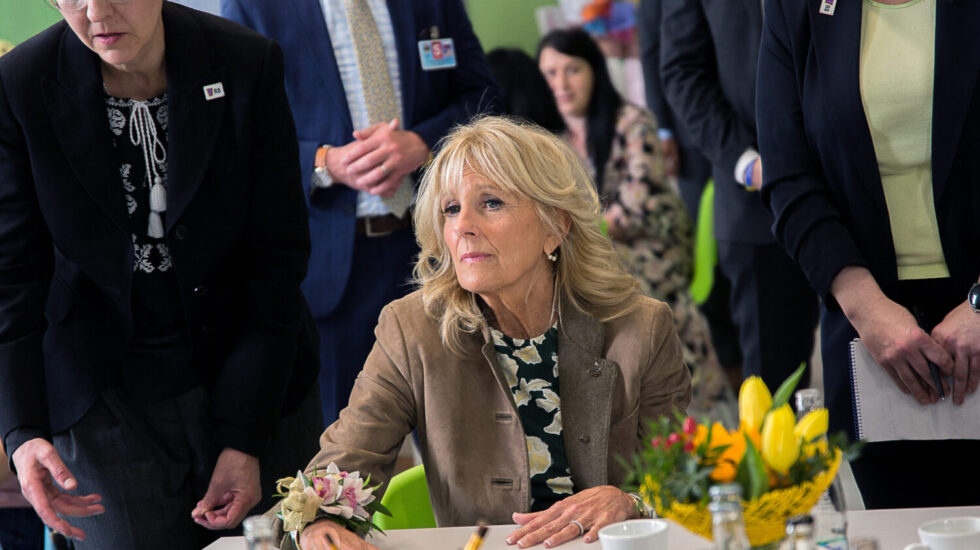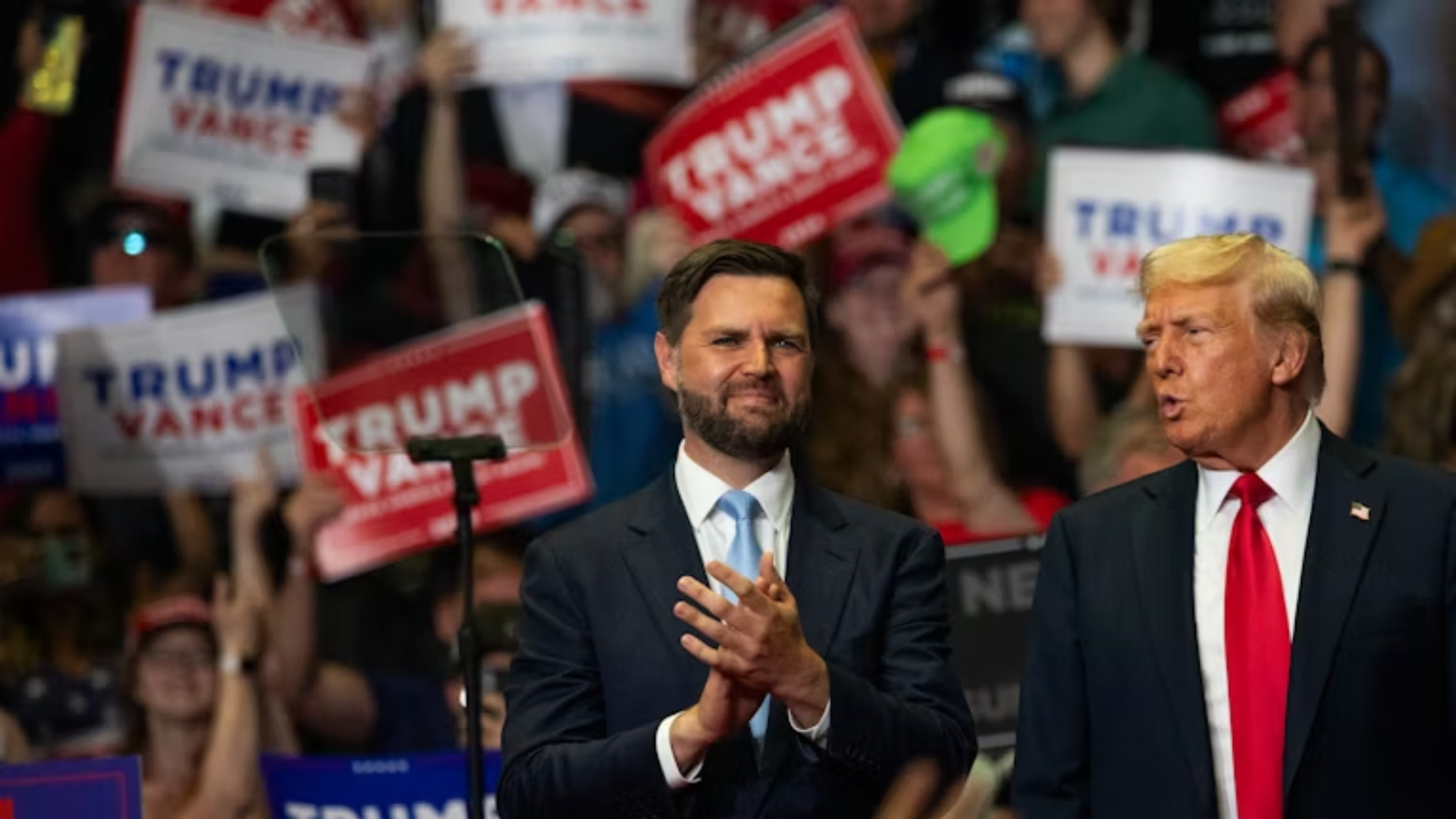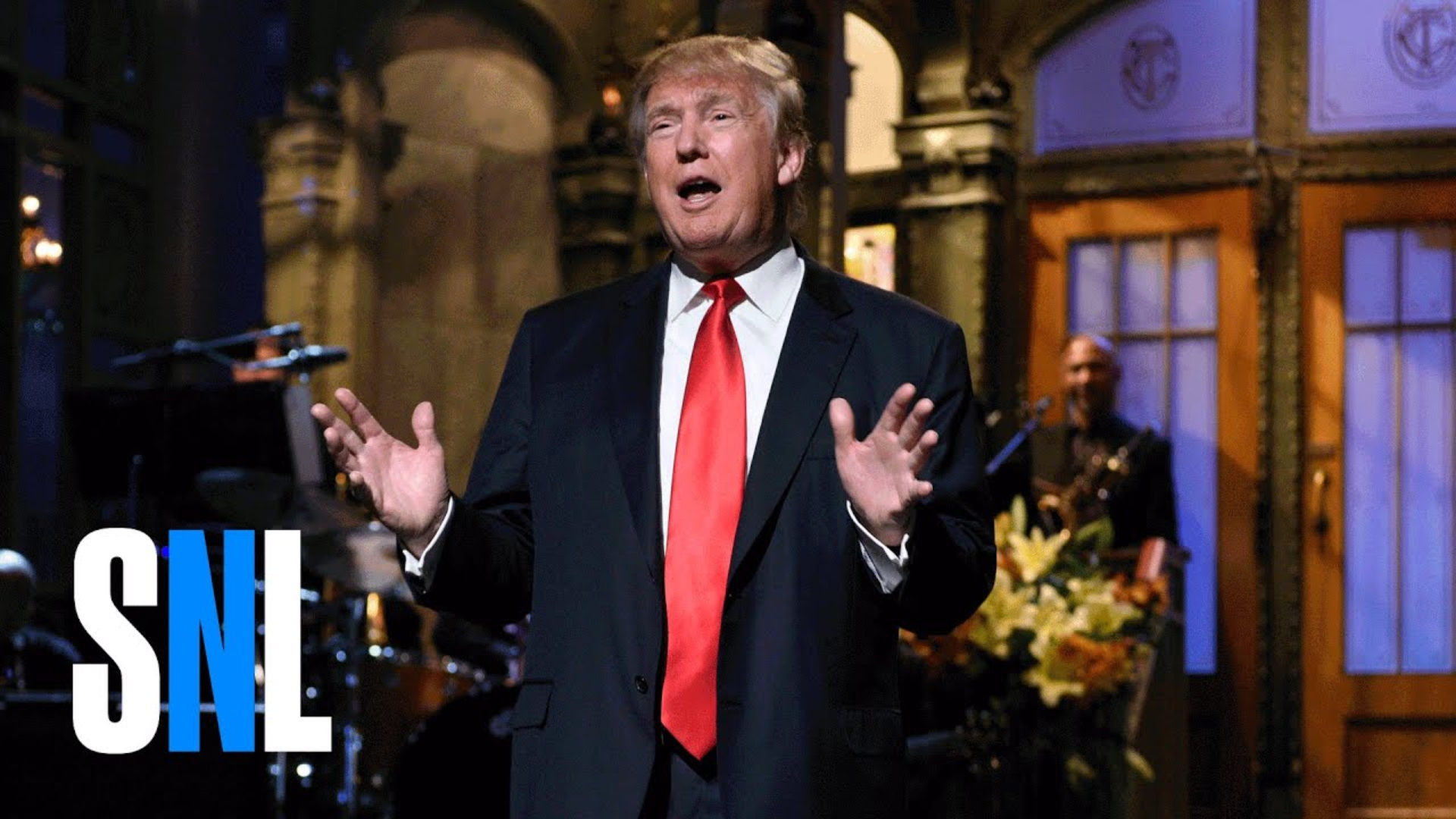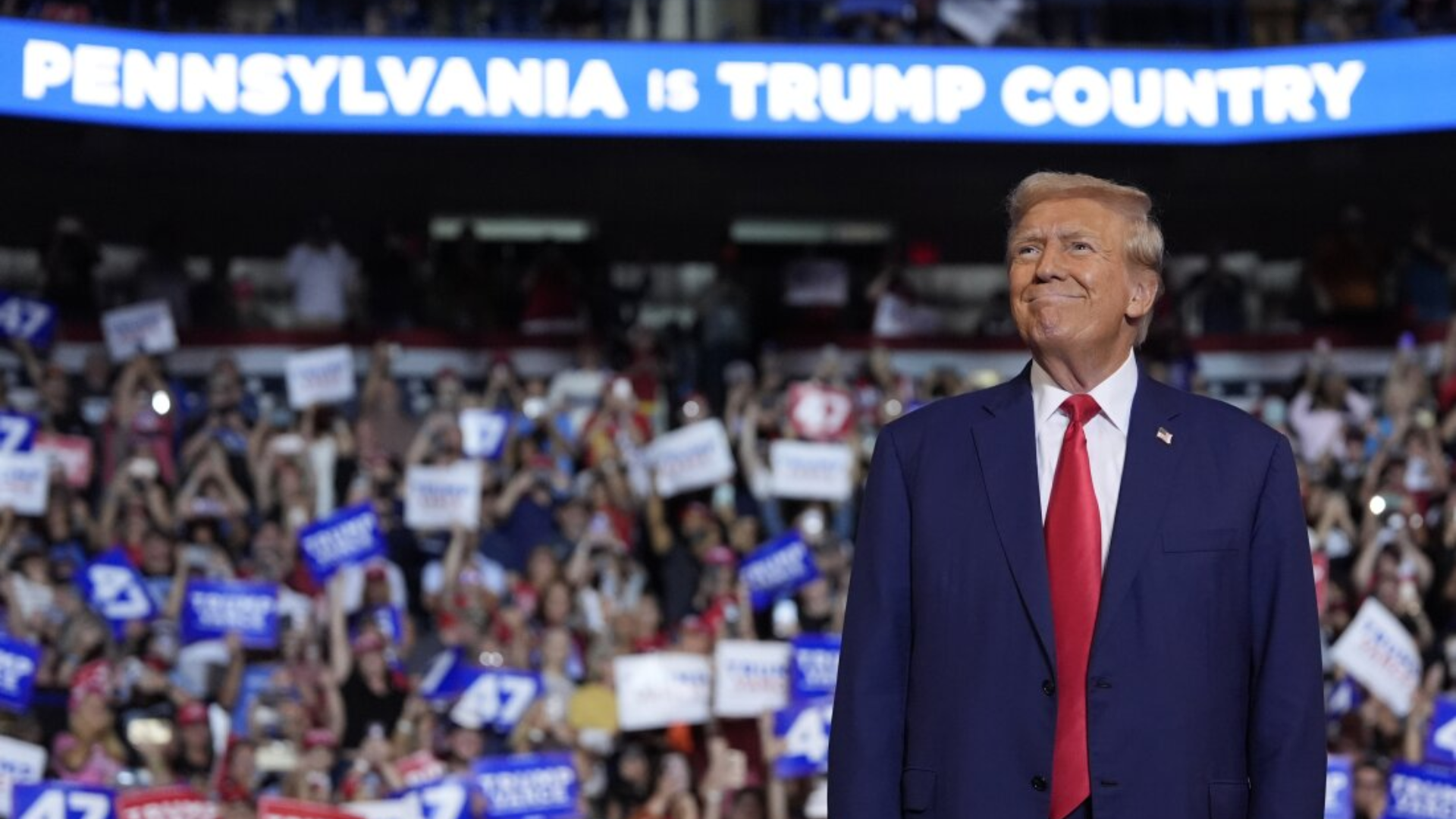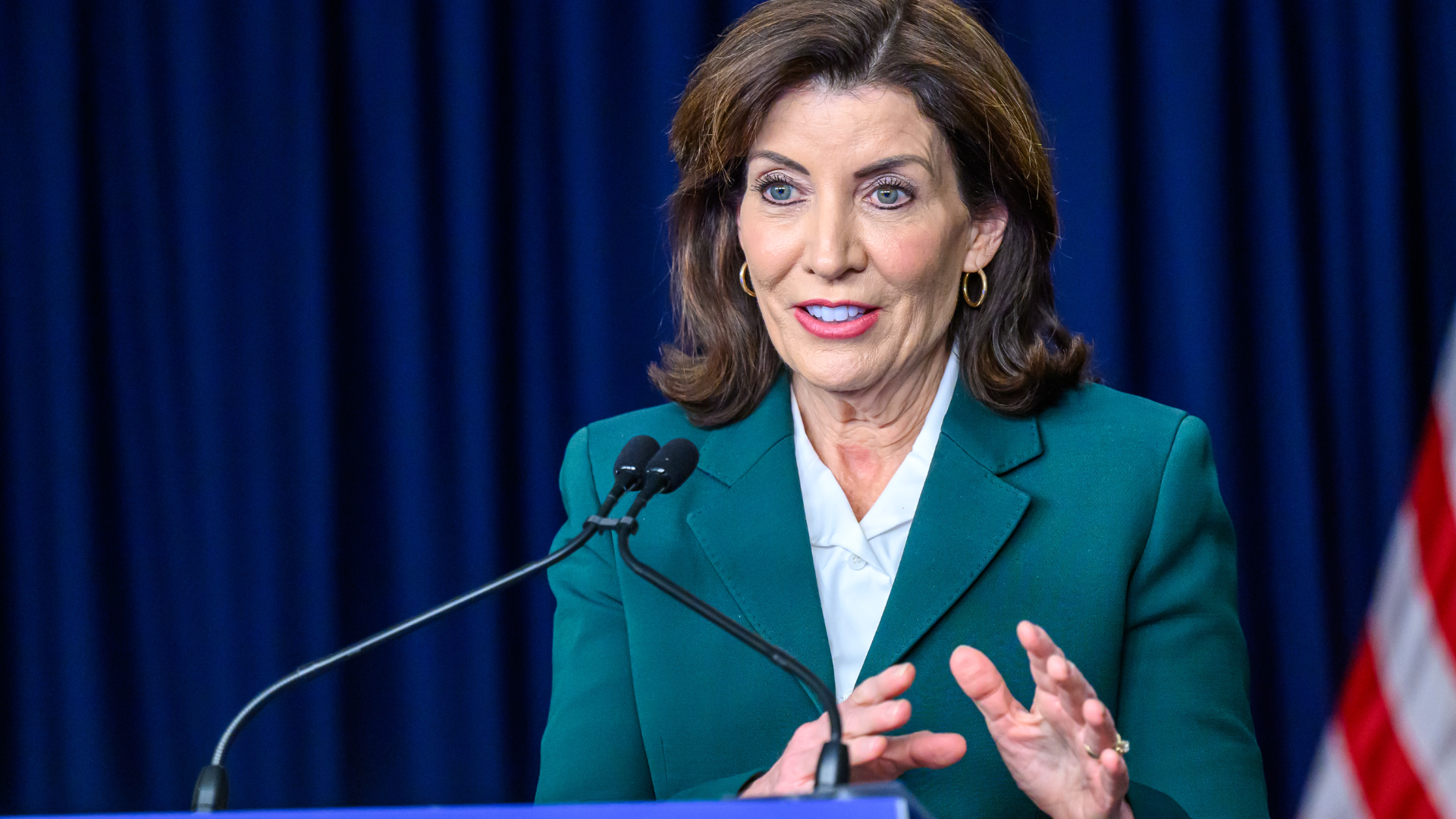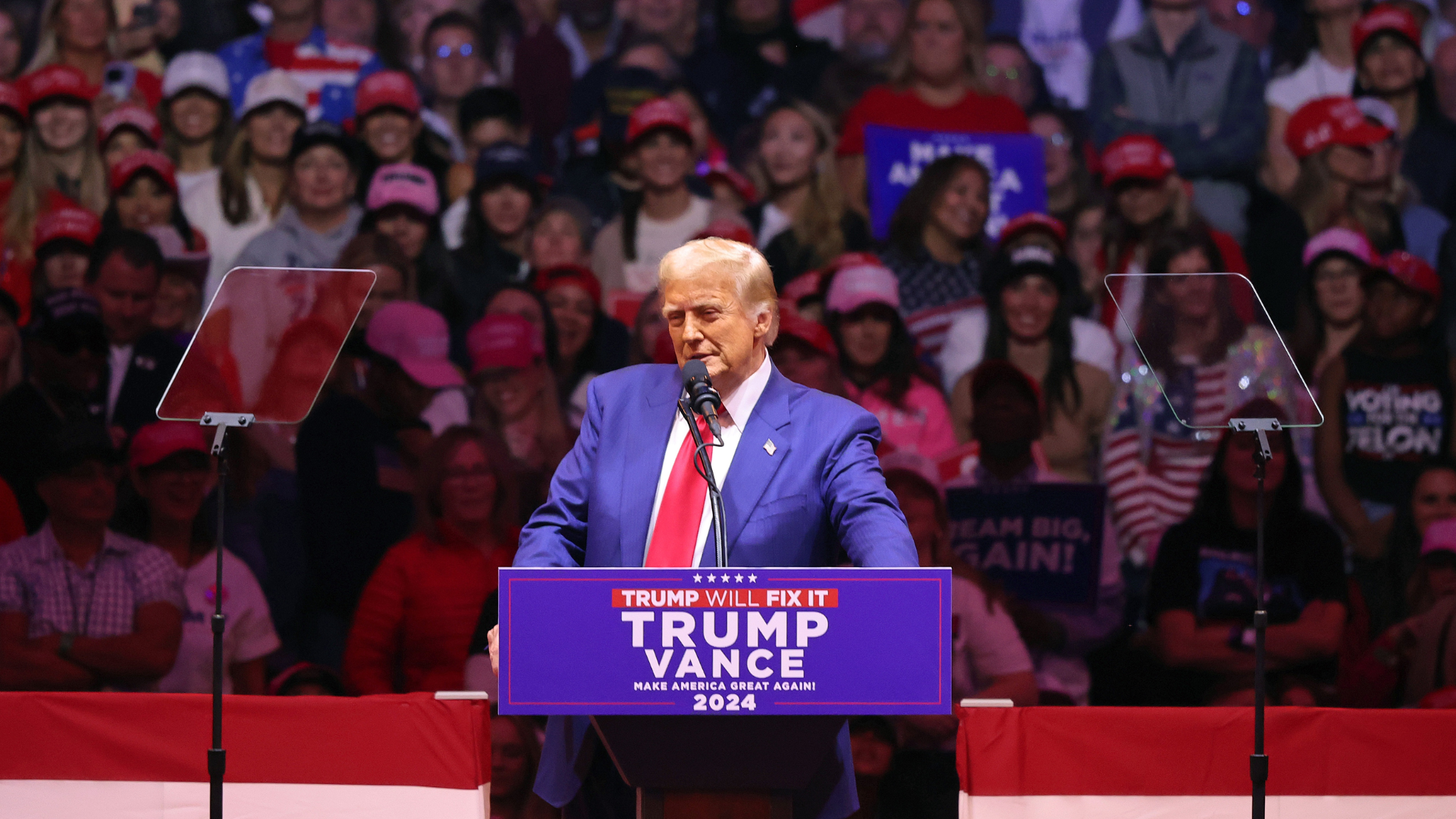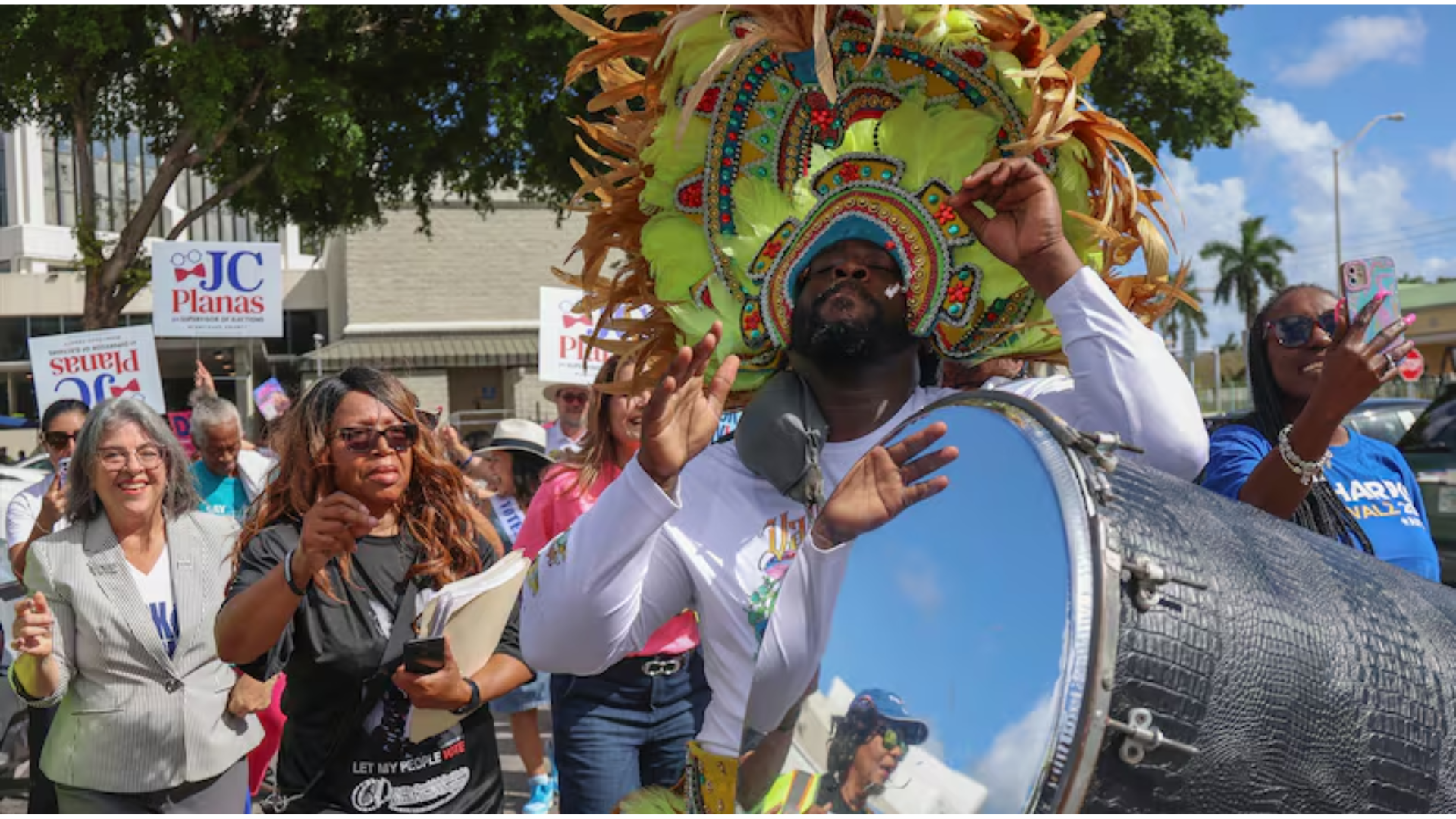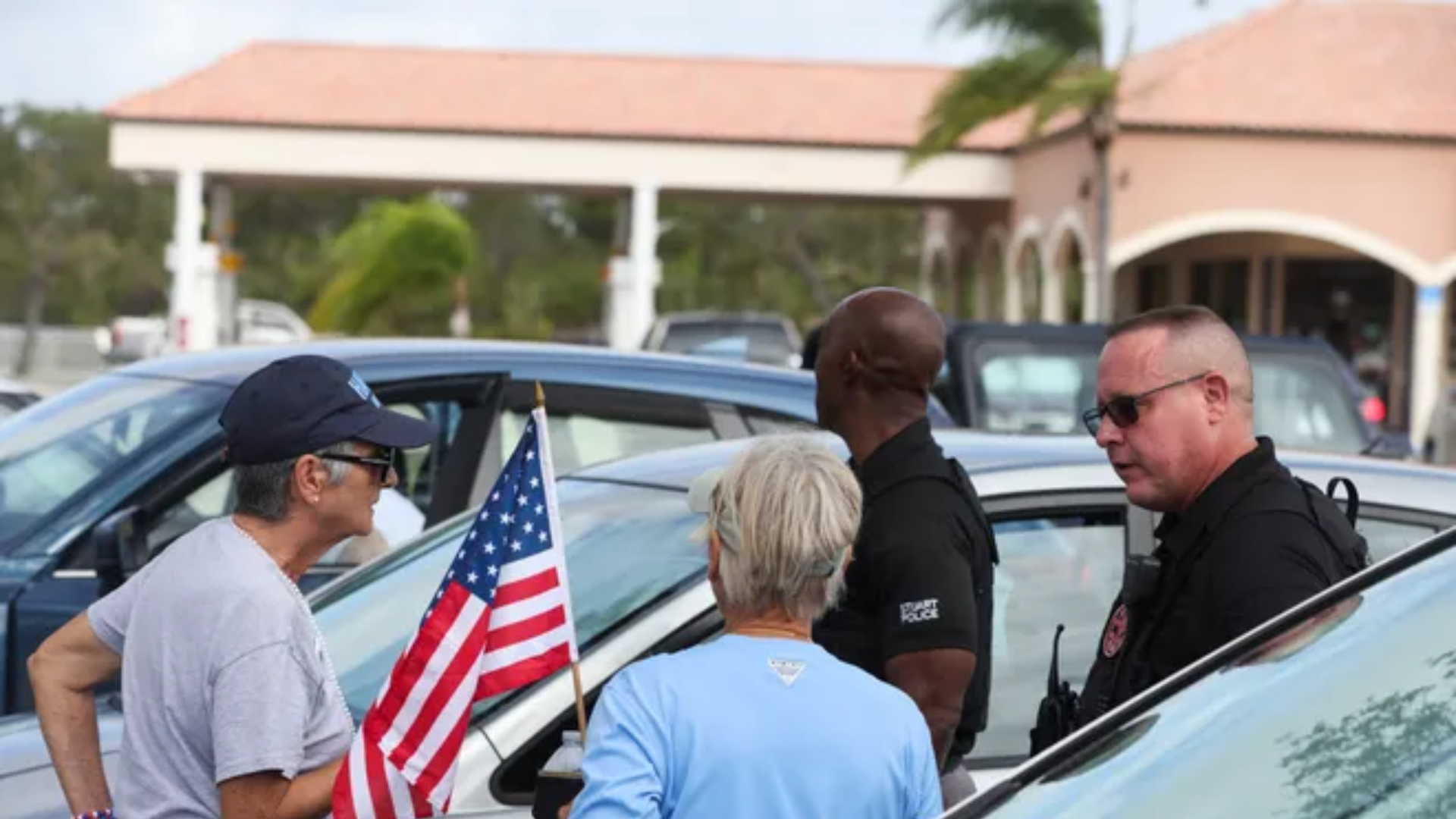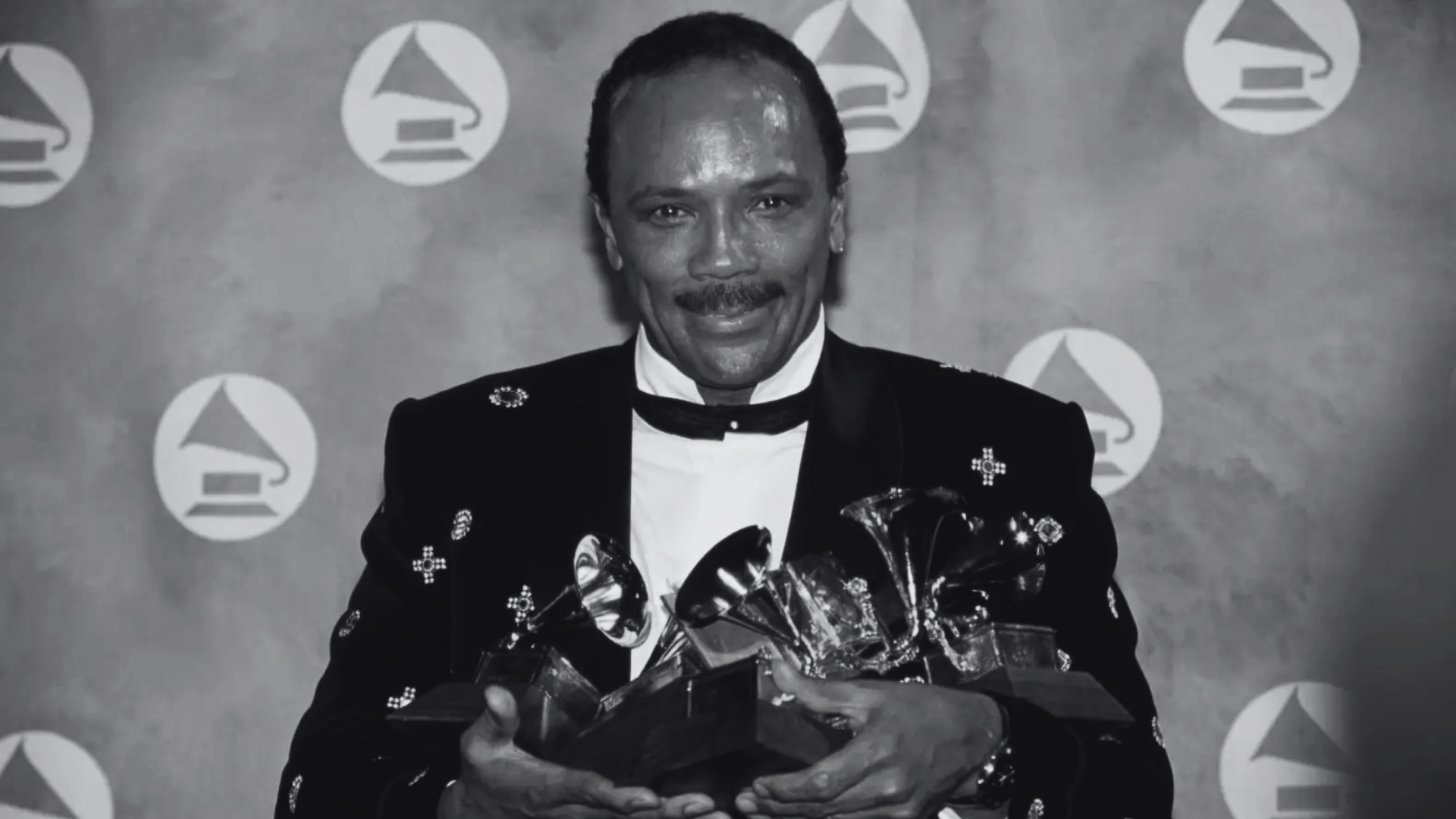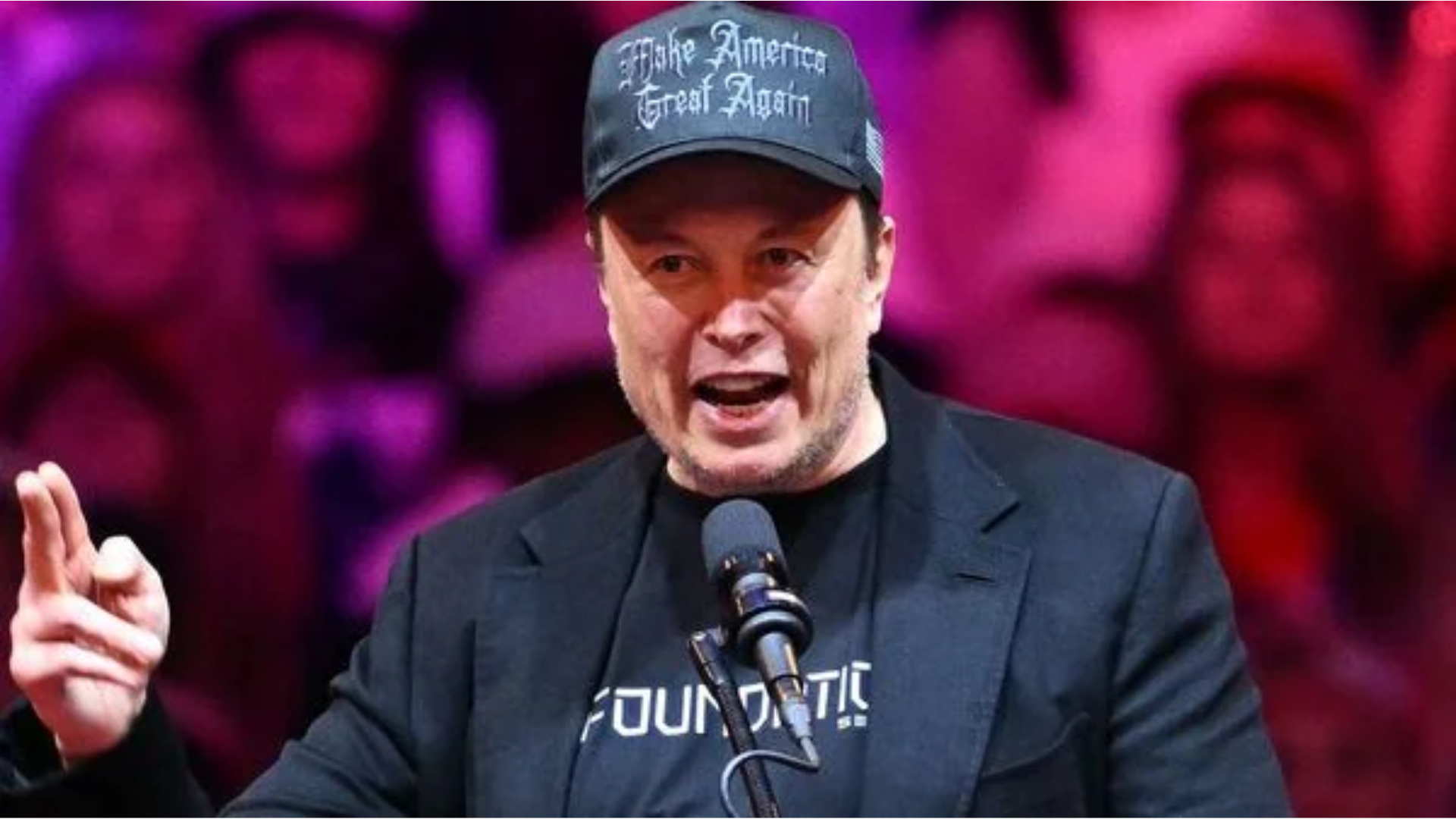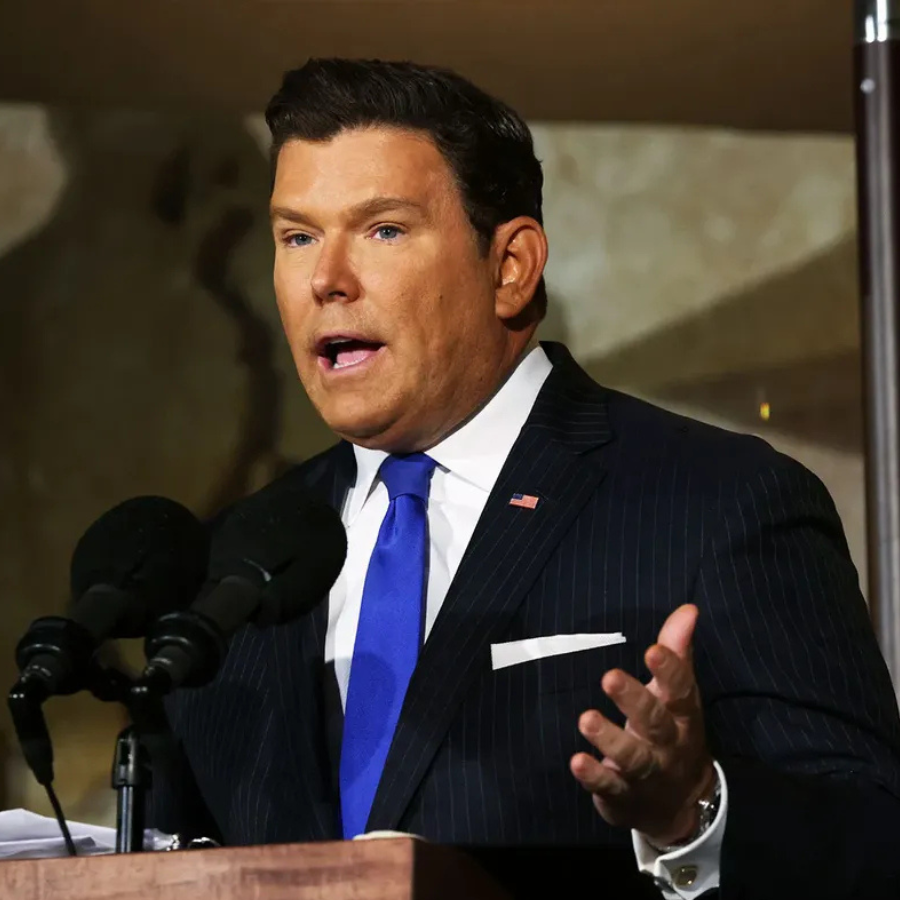
Fox News anchor Bret Baier has issued an apology after airing a deceptively edited clip during a tense interview with Vice President Kamala Harris. The incident occurred on Wednesday’s episode of Special Report, where Baier cut off Harris multiple times during the exchange.
However, the controversy erupted when Baier aired a misleading clip of former President Donald Trump, omitting a critical portion of his remarks about “enemies from within.”
During the interview, Harris criticized Trump’s past statements suggesting that he might use military force against political opponents. In response, Baier aired a clip of Trump where he appeared to downplay such threats, saying, “I’m not threatening anybody. They’re the ones doing the threatening.”
However, what was missing from the clip was Trump’s preceding comment about dealing with “the enemy from within,” a remark that added important context to his statements.
This omission gave the impression that Trump was being unfairly accused, shifting the narrative away from his more authoritarian rhetoric.
The misleading edit sparked widespread criticism, with many accusing Fox News of manipulating the footage to benefit Trump’s image. Given the highly charged nature of the current political climate, the clip’s omission was seen as more than just an editorial mistake—it appeared to undermine Harris’s critique of Trump’s troubling views on using military power against Americans.
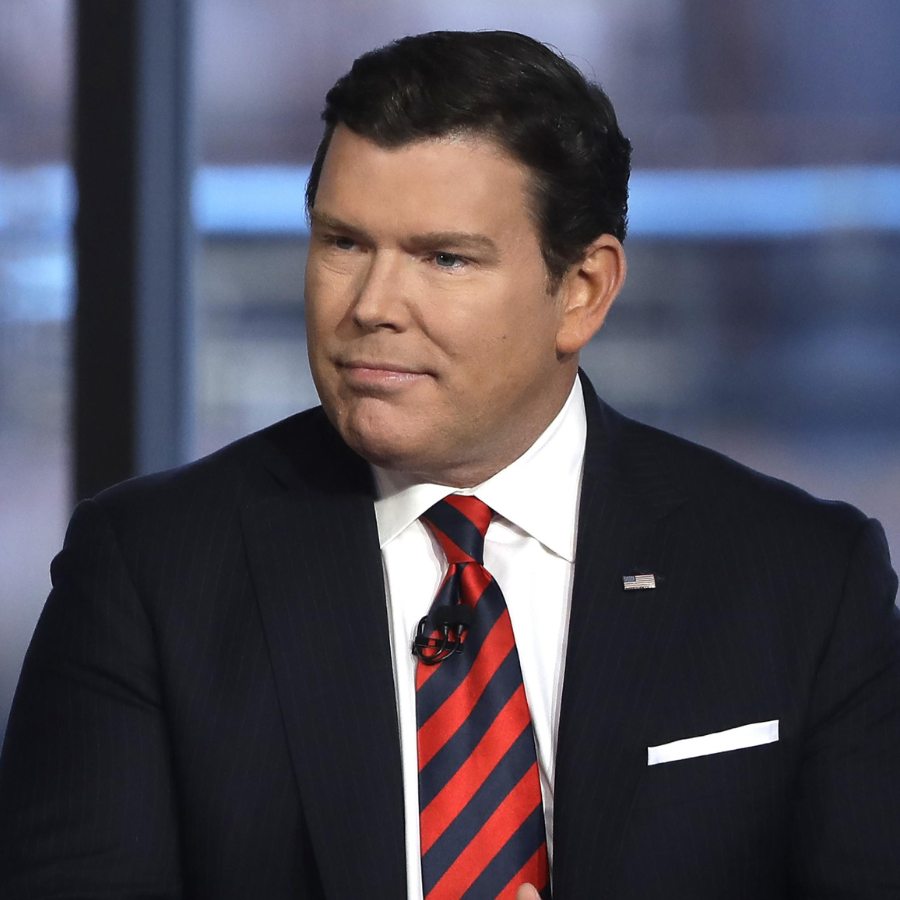
On Thursday night, Baier addressed the issue directly during a new episode of Special Report. He admitted the clip played was not the one he had intended to use, and he took responsibility for the error.
“I want to say that I did make a mistake,” Baier confessed. “When I called for a soundbite, I was expecting a piece of the ‘enemy from within’ from Maria Bartiromo’s interview, to be tied to the piece from [Harris Faulkner’s] town hall.”
Baier went on to play the correct clip, providing viewers with the full context of Trump’s remarks. However, for many, the damage had already been done.
The initial airing had already influenced public perception, leading some viewers to believe that Harris’s criticisms were unfounded. Despite Baier’s apology, the incident has fueled ongoing concerns about media bias and the selective editing of political content.
Even though the misleading clip was aired, Harris still managed to make her point during the interview. She firmly criticized Trump’s rhetoric, reminding viewers that his words go beyond normal political disagreements.
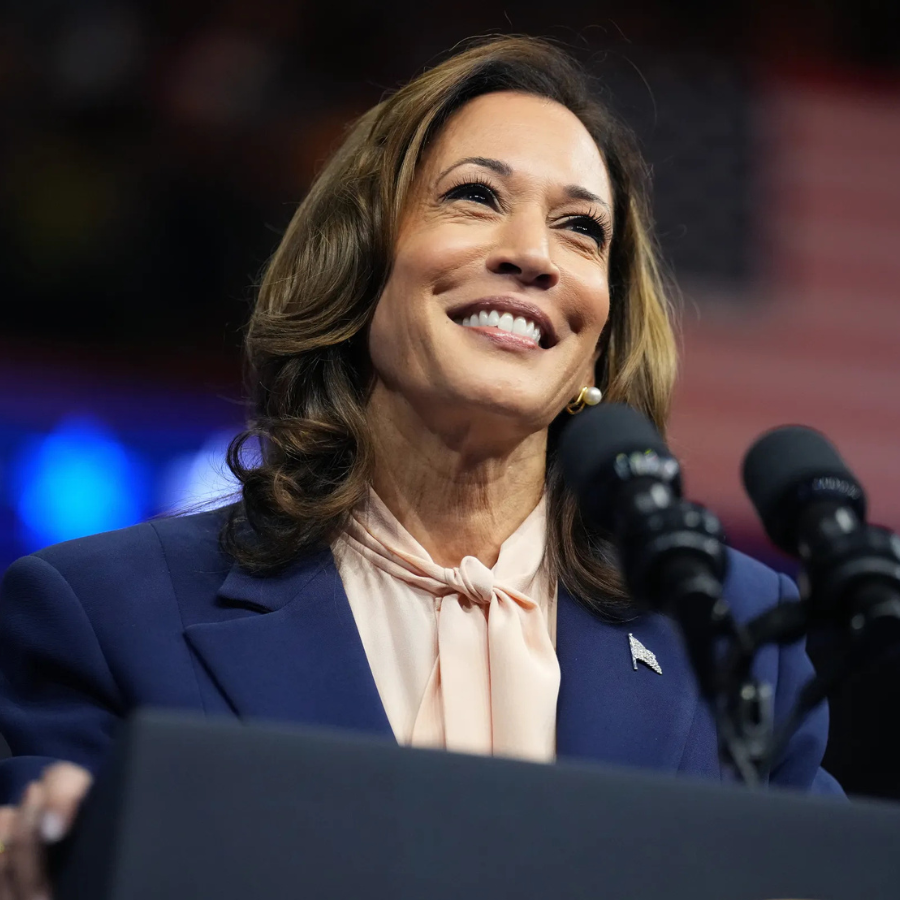
“You and I both know that he has talked about turning the American military on the American people,” Harris said. “In a democracy, the president of the United States should be able to handle criticism without saying he would lock people up for doing it.”
Harris’s comments highlight a fundamental issue: the danger of authoritarian rhetoric in American politics. Suggesting the use of military force against political opponents undermines democratic values and poses a threat to civil liberties.
Harris was determined to emphasize that the president should never resort to such measures, regardless of political pressure or criticism.
The broader issue at hand is the media’s role in shaping public perception. By selectively editing interviews or soundbites, news outlets can profoundly influence how viewers understand the events being covered.
Even though Baier apologized and corrected the error, the initial misleading clip had already been broadcast to millions, creating confusion and potentially skewing public opinion.
With the 2024 election on the horizon, the stakes are incredibly high. Misinformation or misrepresentation, even if unintended, can have serious consequences in shaping the outcome of the election.
Baier’s apology was necessary, but it also serves as a reminder of the immense responsibility journalists hold in ensuring accuracy and fairness, especially when dealing with politically charged topics.
In conclusion, Baier’s apology may clear some of the immediate controversy, but the incident underscores a growing concern about media credibility and the importance of full transparency.
As the election cycle intensifies, both the media and the public must stay vigilant to ensure that the truth isn’t lost in the noise of selective editing or manipulation.
